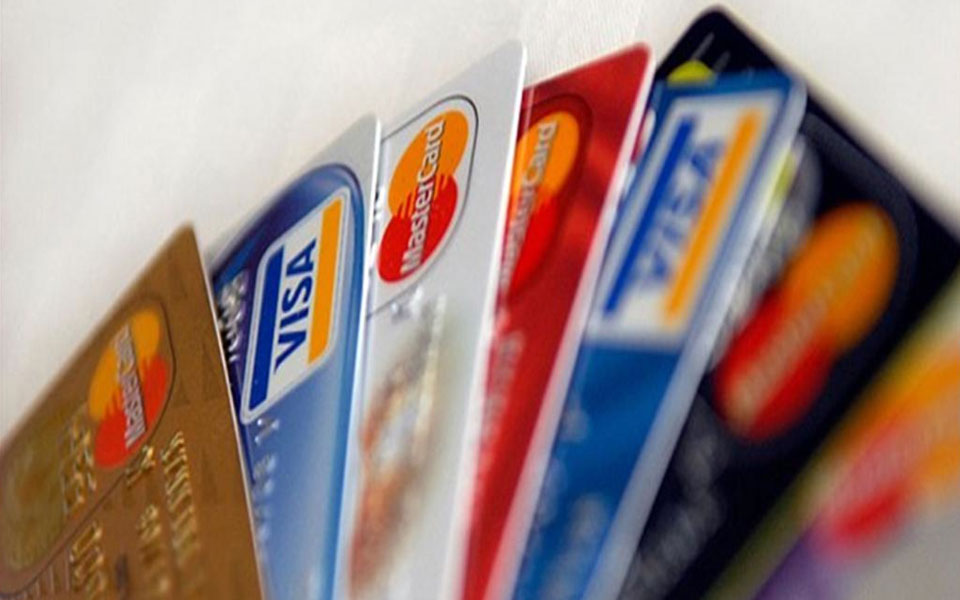Major increase in card fraud

The growing use of plastic money by Greek consumers for transactions in brick-and-mortar stores or e-commerce is strengthening the appetite of certain people for intercepting card details and embezzling larger amounts.
This is based on figures from the Bank of Greece, according to which the value of card fraud incidents increased by 21% in 2022, from 13.4 million in 2021 to 16.2 million euros. This increase was observed despite the fact that in the same period the number of fraud incidents decreased by approximately 27%, from 392,400 to 287,300.
The reason was the geometric increase in fraud at points such as ATMs and POS, but also the increase in the value of money embezzled in transactions without the physical presence of the card (card not present – CNP transactions), i.e. in internet transactions. In particular, internet fraud in terms of value increased from €12 million to €13.2 million, being the most important source of card fraud by sophisticated fraudsters.
In the same period the value of fraud incidents that occurred in cash withdrawals using cards at ATMs increased by 92%, and the value of POS transactions increased by 147%, reaching €1.3 million and €1.7 million respectively, from €705,000 and €701,000 in 2021. Regarding the increase in the value of ATM and POS fraud transactions compared to 2021, it is observed that the main reason for the increase was fraud incidents that have been carried out using a lost or stolen card. With regard to the fraud carried out in remote transactions, it is found that most fraudulent transactions concern transactions with foreign companies that take place via the internet.
The most common types of payment card fraud are: transactions with a lost or stolen card, transactions with a card that was embezzled before reaching the owner’s hands, issuing a card using false personal or financial information, forgery or creation of clone cards which can carry out transactions with businesses while the real cards are in the hands of their owners, and interception and illegal use of the card number in remote transactions or online.





